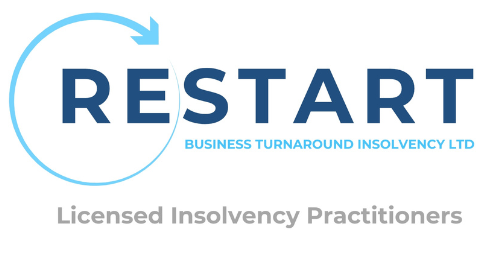Directors' Duties in Insolvency

As an unfortunate but perhaps inevitable result of the pandemic, many economists and business leaders are predicting a wave of company failures in 2021. Directors who may have great expertise in their particular field are often far less knowledgeable about their specific responsibilities in the event of insolvency and how to avoid potential pitfalls.
Having spent many years helping businesses that are struggling to survive, we have a few tips for company directors to make sure they can steer clear of any criticism should their business subsequently fail. Please do not hesitate to contact us if you are unsure of your responsibilities or worried about any of the following issues.
Getting Paid the Right Way
It is common for directors to be paid by a combination of a minimal wage topped up by dividends. This is fine as it is one of the most tax efficient way for business owners to get paid AS LONG AS THERE ARE SUFFICIENT DISTRIBUTABLE RESERVES TO PAY A DIVIDEND. If not, then you may have an overdrawn loan account which would have to be repaid by you. So, if your business is at risk of insolvency, it may be beneficial to pay yourself through PAYE.
Documenting your Decision to Continue Trading
A defence to a wrongful trading action brought by an insolvency practitioner is that you took all reasonable steps to minimise the loss to creditors. So have a business plan and be sure to document each decision along the way.
If a director allows a business to continue trading when they knew that the company was insolvent then they could be personally liable for the increase in debts from the time they knew that the company was insolvent to the time that the company failed.
Paying Creditors
Treat all creditors equally. If a certain creditor gets paid at the expense of others then an insolvency practitioner could apply to Court to have the transaction reversed. Be particularly aware when making payments to yourself, to ‘connected parties’ such as relatives, trustees or partners, or to creditors to whom you have provided a personal guarantee.
Do Not Sell Assets
Don’t sell any assets unless they are for proper market value following the advice of a suitably qualified agent. If assets are sold at an undervalue then an insolvency practitioner could apply to Court to have the transaction reversed.
Act Fairly
Above all, act in the best interests of the company and its creditors and be seen to have been doing the best for all concerned.
News...

Established in 2018, the directors at Restart BTi have over 50 years of experience to assist companies, business owners and individuals with expert advice and tailored solutions when facing financial difficulties.